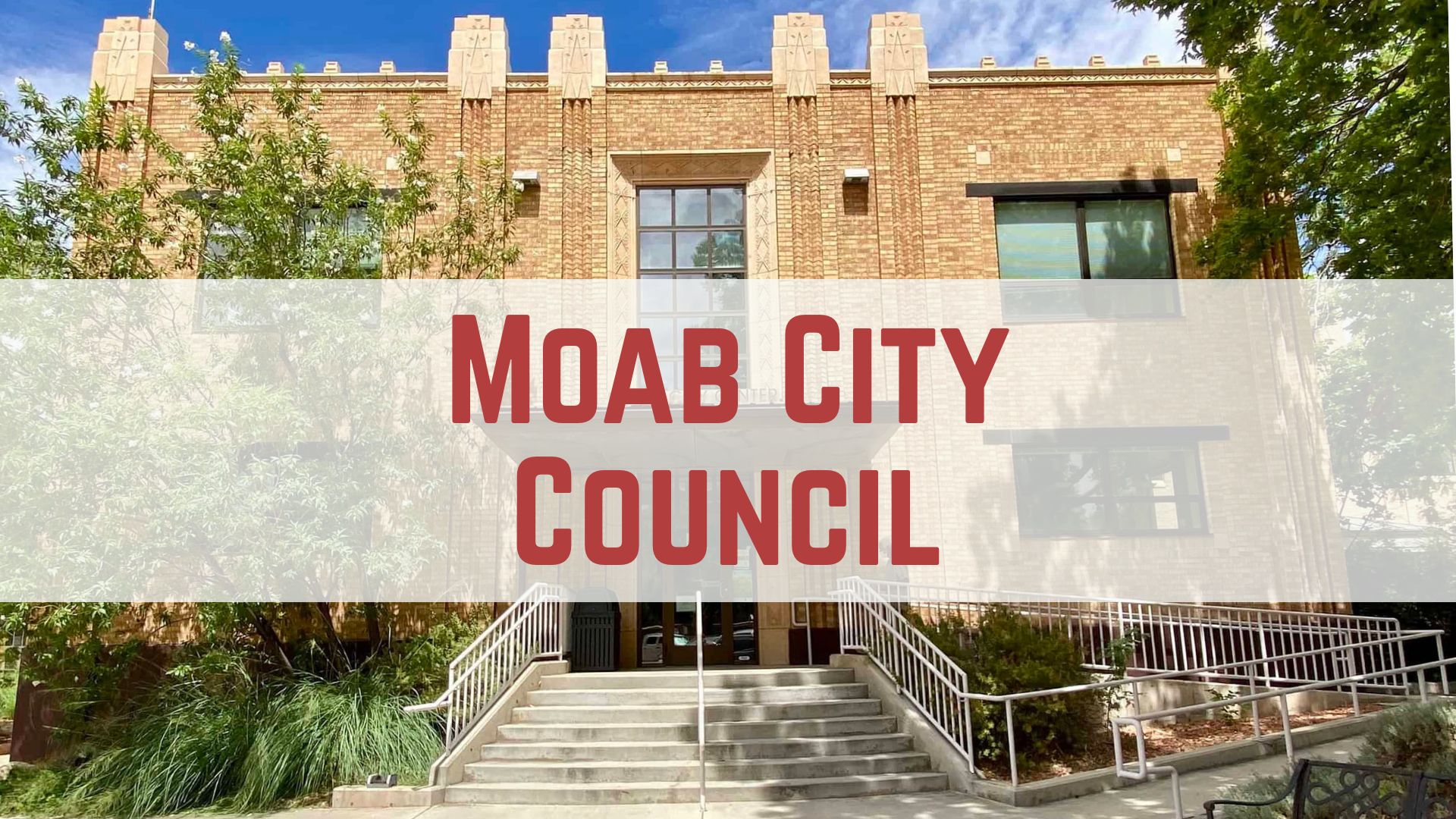Some information may be outdated.
Phase one of the “Community Vision and Strategic Action Plan,” called Moab Tomorrow Together, is almost complete. The project, run by Future iQ, is meant to create a plan for Moab’s future based entirely on comments from its community members. This first phase, which started in March, has thus far included a community survey and a set of “think tank” workshops; still upcoming as part of phase one are another vision survey and engagement workshop.
At the regular city council meeting on May 10, David Beurle, CEO of Future iQ, presented a few results of the community survey and think tank workshops to the council.
“I think [the project] is going really well,” Beurle said. “It’s on track.”
The community survey had 793 responses. It found that the majority of respondents (74%) said they were happy living in Moab, as opposed to unhappy. On a scale from -5 (unhappy) to 5 (happy), the most popular ranking was 3, selected by 22% of respondents. Respondents also overwhelmingly said that it’s important for the community to have shared visions and values for the future; though they also reported feeling that the community is very divided and that they were very concerned about Moab’s current direction.
Respondents named the number of tourists, housing options, and motorized recreation as the worst aspects of living in Moab—some of the issues also mentioned were traffic/congestion, government/politics, cost of living, environmental problems, and selection of amenities.
The think tank workshops had 66 participants, Beurle said. The complete data from the community survey will be available on bit.ly/MoabTomorrowTogether sometime this week, he said.
For the next steps, phase one of the project will finish with another survey and workshop in June. Phase two, in August and September, will consist of focus groups and a summit. Phase three, in October, will finish out the project with a final Moab vision and strategic planning report.
“This is a really exciting process for the community,” Beurle said.
Appreciate the coverage? Help keep local news alive.
Chip in to support the Moab Sun News.




